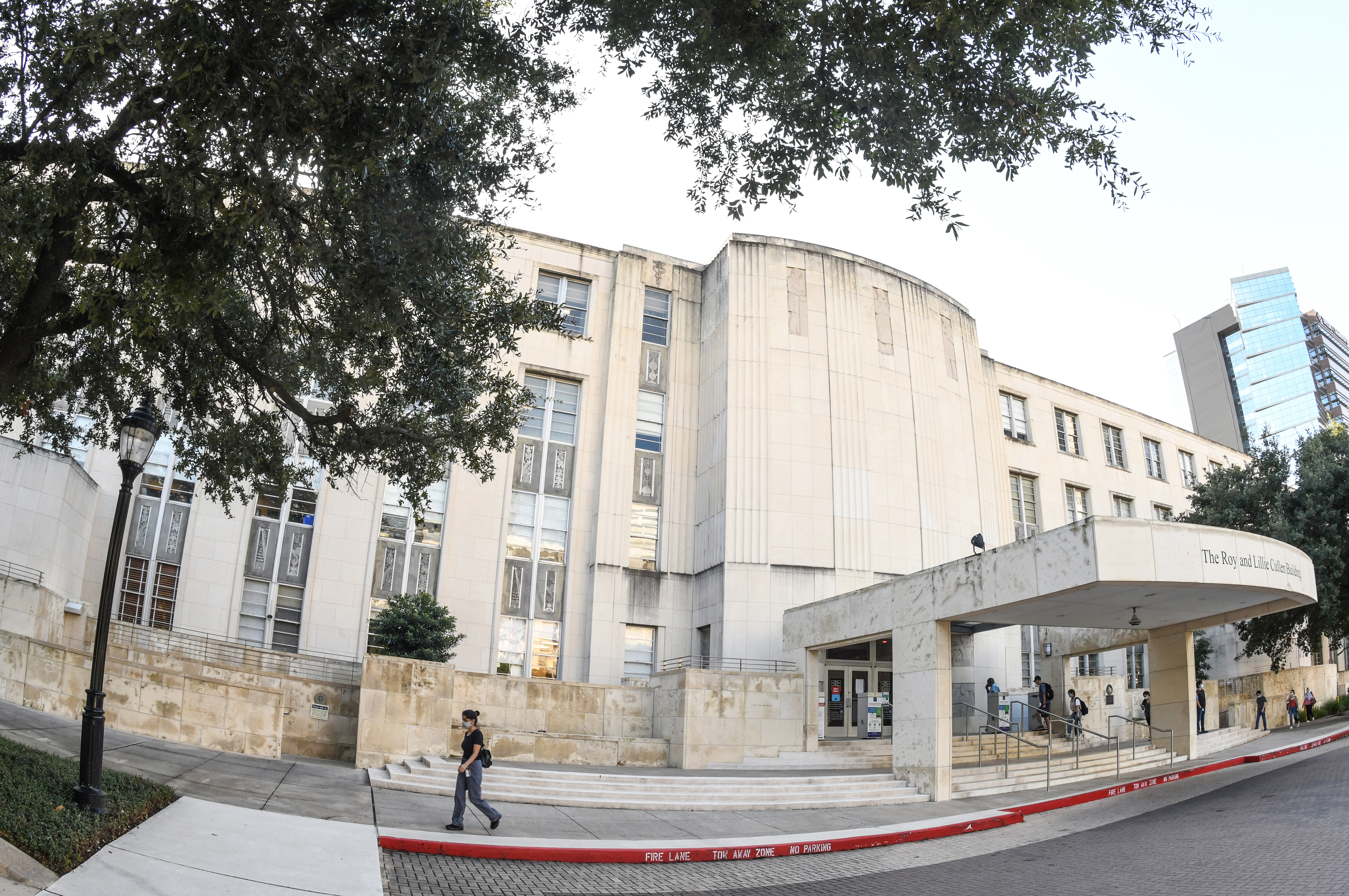Clinical-stage company Emyria (ASX:EMD) has announced a collaboration with a leading multidisciplinary, psychiatrist-led clinical service specialising in complex trauma treatment, The Pax Centre (PAX).
Emyria said the collaboration aims to develop a scalable care program for the safe provision of MDMA-assisted therapy for patients with treatment-resistant PTSD.
PAX will provide specialist psychiatrists, trained therapists, and facilities. Emyria will manage the clinical trial design, real-world data generation, data monitoring and MDMA supply following the recent securing of patient-ready MDMA.
The care program will commence as an ethics-approved clinical trial, with Emyria as Sponsor, until PAX psychiatrists have obtained authorised prescriber status and a cost model has been developed.
The care program could support other specialist groups under licence.
Emyria said MDMA-assisted therapy has shown promising results for patients with PTSD but its use has been limited to research settings due to the extensive preparations required, including therapist training, clinical protocol design, facility preparation, data monitoring, and drug supply coordination.
The company said the collaboration with PAX is part of its longer-term goal to establish a network of trained therapists and psychiatrists to provide MDMA-assisted therapy.
From 1 July 2023, the TGA’s authorised prescriber program will allow patient access to MDMA-assisted therapy as a Schedule 8 controlled medicine.
However, as stated by the Royal Australian and New Zealand College of Psychiatrists, “prescribing psychiatrists must demonstrate adequate training, evidence-based treatment protocols, patient selection, and monitoring to be approved to prescribe this therapy. Ongoing psychotherapeutic support is also essential for this treatment model.”
Emyria said its partnership with PAX aims to directly address these challenges by developing a scalable care program for MDMA-assisted therapy that can be safely and cost-effectively administered to patients with PTSD through community psychiatry groups.







